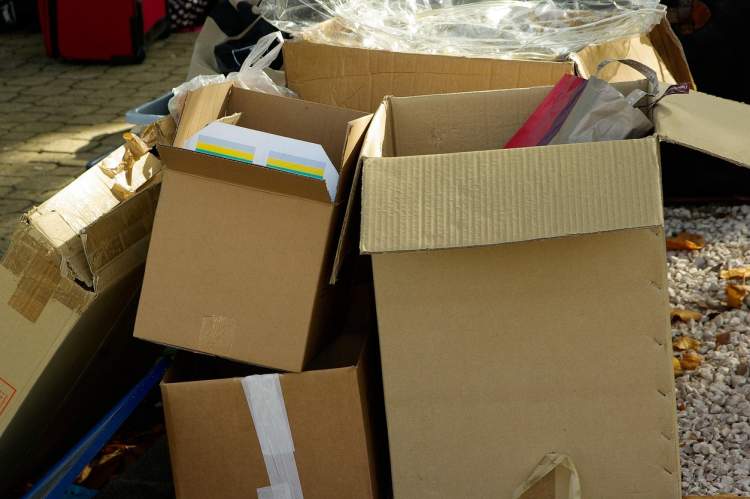If you forgive and don’t complain you will live easier than if you don’t forgive and your life is a flow of complains
In Hungary one has to take care when asking the question: how are you? People take it seriously and one can expect a half-an hour complaint. Believe me, nobody cares about your problems. You complain in vain. It reminds me the story of an African wise man.
People have been coming to the wise man, complaining about the same problems every time. One day he told them a joke and everyone roared in laughter.
After a couple of minutes, he told them the same joke and only a few of them smiled. When he told the same joke for the third time no one laughed anymore.
The wise man smiled and said: “You can’t laugh at the same joke over and over. So why are you always crying about the same problem?”
Moral of the story: Worrying won’t solve your problems, it’ll just waste your time and energy.
A story tells that two friends were walking through the desert. During some point of the journey they had an argument, and one friend slapped the other one in the face. The one who got slapped was hurt, but without saying anything, wrote in the sand: “Today my best friend slapped me in the face.”
They kept on walking until they found an oasis, where they decided to take a bath. The one who had been slapped got stuck in the mire and started drowning, but the friend saved him. After he recovered from the near drowning, he wrote on a stone: “Today my best friend saved my life.”
The friend who had slapped and saved his best friend asked him; “After I hurt you, you wrote in the sand and now, you write on a stone, why?”
The other friend replied;
“When someone hurts us, we should write it down in sand where winds of forgiveness can erase it away.
But, when someone doessomething good for us, we must engrave it in stone where no wind can ever erase it.”
Moral of the story: Don’t value the things you have in your life. But value who you have in your life.

Abdullah ibn Umar reported: A man came to the Prophet, peace and blessings be upon him, and he said, “O Messenger of Allah, how many times should I pardon my servant?” The Prophet said, “Seventy times in each day.”
Source: Sunan al-Tirmidhī 1949
Grade: Sahih (authentic) according to Al-Albani
What was my goal with the parables and hadith? To demonstrate the connection between our grieving life, our ego which is unable to forgive, and our unhappiness and fatigue. Just go into a shop or walk down the street. Even old women are wrinkled with hatred in their faces. Negative questions, negative answers. A deterrent force appears everywhere. How can one be constructive in this atmosphere? If our youngsters leave the country, even with medium talent one can easily be rooted in a foreign place because the atmosphere what we have here does not exist there. They feel better that side, but according to the laws of mathematics, the waste stays at home and the shit thickens further. The concentration of negative emissions increases. Don't blame the government and the politics, though partly they are the reasons as well. If you do not start the changes inside yourself, you will be dried up and immersed in this swamp.




















